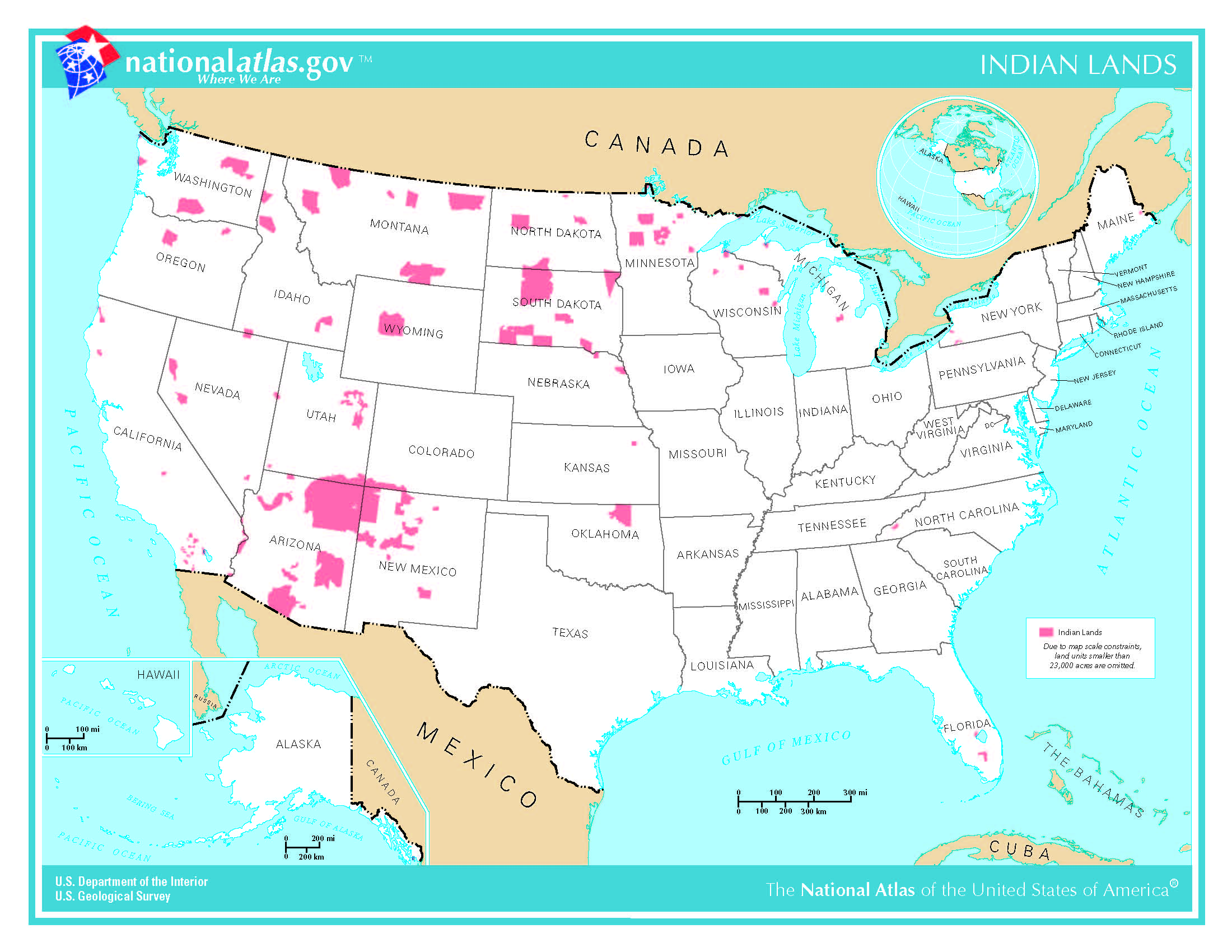
The Federal Circuit will be coming to Colorado this fall to hear oral arguments as part of its mandate to periodically sit somewhere outside of Washington, D.C. A small percentage of the cases on the Federal Circuit’s docket each year are cases concerning federal claims by indian tribes. I’m intrigued with the idea that the Federal Circuit could conduct one of its sessions on tribal land. After 30 years of visiting constituencies in various states, it seems justifiable that at least one session of the court be held on tribal land. I’m not sure what kind of a turnout that session would get; but, I think it would be an historical opportunity for the court. (I don’t know whether any other federal court of appeals has ever heard oral argument on indian lands.) My understanding is that tribal lands are held in trust by the U.S. government on behalf of the respective indian tribes.
The Federal Circuit Bar Association’s website has a committee focused on Federal Indian Law. The blurb on their page states:
Federal Indian Law is an important component in the origin, history and specific jurisdiction of the U.S. Court of Appeals for the Federal Circuit, and remains an important practice area in the Court, today. The U.S. Court of Appeals for the Federal Circuit has helped shape Federal Indian Law in many landmark or significant cases. In addition, the year 2006 marks the 60th year anniversary of the establishment of the Indian Claims Commission which, 30 years later, was abolished. Many remaining cases devolved to the docket of the United States Court of Federal Claims and were reviewed by the Federal Circuit. Among its goals, this Committee seeks collaboration with the Federal Circuit Historical Society, as well as other interested Committees, in examining the impact of the Indian Claims Commission and its ultimate assimilation into the Court of Claims. The opportunity to develop a special edition of the Federal Circuit Bar Journal on this topic is also a possibility as part of the activity surrounding this anniversary.
One good venue for holding oral arguments would be the Southern Ute Indian Reservation down in the southwestern part of the state where Colorado, New Mexico, Arizona, and Utah border one another. As you can see from the map below, that site is proximate a large area of different tribal lands (e.g., Ute Mountain Tribe, Southern Ute Tribe, Navajo Nation, and Jicarilla Apache). And, it is recognized for having a nice facility for holding oral argument. (Click on the map for a higher quality view.)



